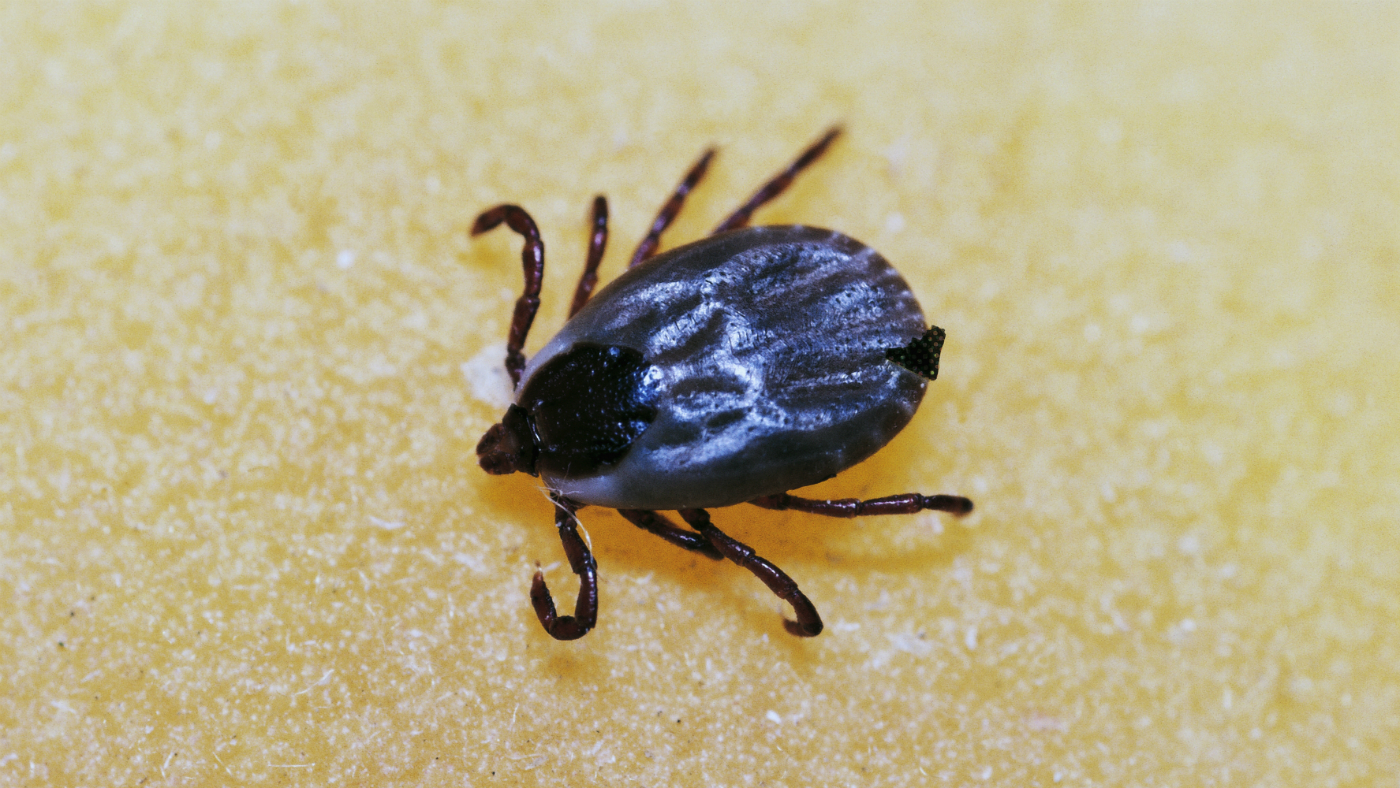Alpha-gal: why more people are developing a meat allergy
Reports of life-threatening reactions to animal products are soaring worldwide – and a tiny insect is to blame

A free daily email with the biggest news stories of the day – and the best features from TheWeek.com
You are now subscribed
Your newsletter sign-up was successful
Most of us know someone who is gluten or lactose intolerant but now a new food allergy appears to be spreading across the world.
Increasing numbers of people are being diagnosed as allergic to red meat after suffering reactions to “alpha-gal” - a sugar found in the blood of many mammals. Although alpha-gal in meat usually poses no problems for humans, people can become sensitised to the carbohydrate after being bitten by a tick.
Anthony Fauci, director of the National Institute of Allergy and Infectious Diseases, warned last year: “Alpha-gal allergy appears to be yet another reason to protect oneself from tick bites.
The Week
Escape your echo chamber. Get the facts behind the news, plus analysis from multiple perspectives.

Sign up for The Week's Free Newsletters
From our morning news briefing to a weekly Good News Newsletter, get the best of The Week delivered directly to your inbox.
From our morning news briefing to a weekly Good News Newsletter, get the best of The Week delivered directly to your inbox.
“Food allergies can range from an inconvenience to a life-threatening condition and pose a serious and growing public health problem that urgently requires more research.”
What is alpha-gal and how do humans become allergic to it?
Alpha-gal is the abbreviated name for galactose-alpha-1,3-galactose, a naturally occurring sugar in most mammalian cell membranes. It is present in all red meat, including beef, pork, venison and rabbit, as well as in some dairy products.
However, it is not present in apes - including humans - or so-called Old World monkeys such as baboons and macaques.
A free daily email with the biggest news stories of the day – and the best features from TheWeek.com
When a tick feeds on the blood of a mammal such as a cat or dog, alpha-gal is introduced into the tick’s alimentary tract and is then transferred to the next host on which the tick attaches, the Sydney Morning Herald reports.
“The immune system of an allergic human who is bitten recognises alpha-gal as foreign so produces allergens to fight it off, inducing delayed allergic reactions to mammalian meat,” the newspaper explains.
According to The Washington Post, the ticks causing the condition have been identified as the paralysis tick in Australia, the lone star tick found in the southeast of the US, and the castor bean tick in Europe, along with an as-yet unidentified tick in South Africa. But cases have also been recorded as far afield as Japan and South Korea, adds the U.S. News and World Report site.
What happens if you suffer a reaction?
The American College of Allergy, Asthma and Immunology (ACAAI) warns that “if your nose gets stuffy or begins to run after eating meat, or you become nauseated or develop a rash”, you may have developed an allergy to meat.
Alpha-gal can also trigger “stomach problems such as cramps, nausea, vomiting and diarrhoea, as well as sneezing, headaches, and asthma”, says Newsweek.
However, a small number of sufferers will experience life-threatening symptoms such as anaphylactic shock, which requires urgent medical attention.
Symptoms of an alpha-gal reaction can take hours to appear, unlike with most other allergic reactions, although scientists are unsure why this is the case, Business Insider reports.
The US National Center for Biotechnology Information (NCBI) says that “abstinence from mammalian meat products is currently the only method for preventing alpha-gal allergy symptoms”. However, sufferers can still eat chicken and fish.
Why is it spreading?
Professor Sheryl van Nunen, director of the Sydney-based Tick-induced Allergies Research and Awareness Centre, came across her first case of the mysterious allergy in 1987. By 2003, she had seen at least 70 further cases, reports science news site Mosaic.
There have now been about 5,000 known cases of the allergy in the US alone, up from 3,500 cases just two years ago, according to the site of US talk show Today.
So what’s driving the dramatic increase?
Purvi Parikh, a board certified allergist in New York, told USA Today that as the climate has warmed around the world, ticks have expanded their territories northwards.
“There’s definitely a rise [in meat allergy cases] in general in the summer, when people have more exposure to ticks, but the incidents are rising in more areas,” she said. “It’s not just in the south [of the US] now. I am in New York, and we are seeing more incidents.”